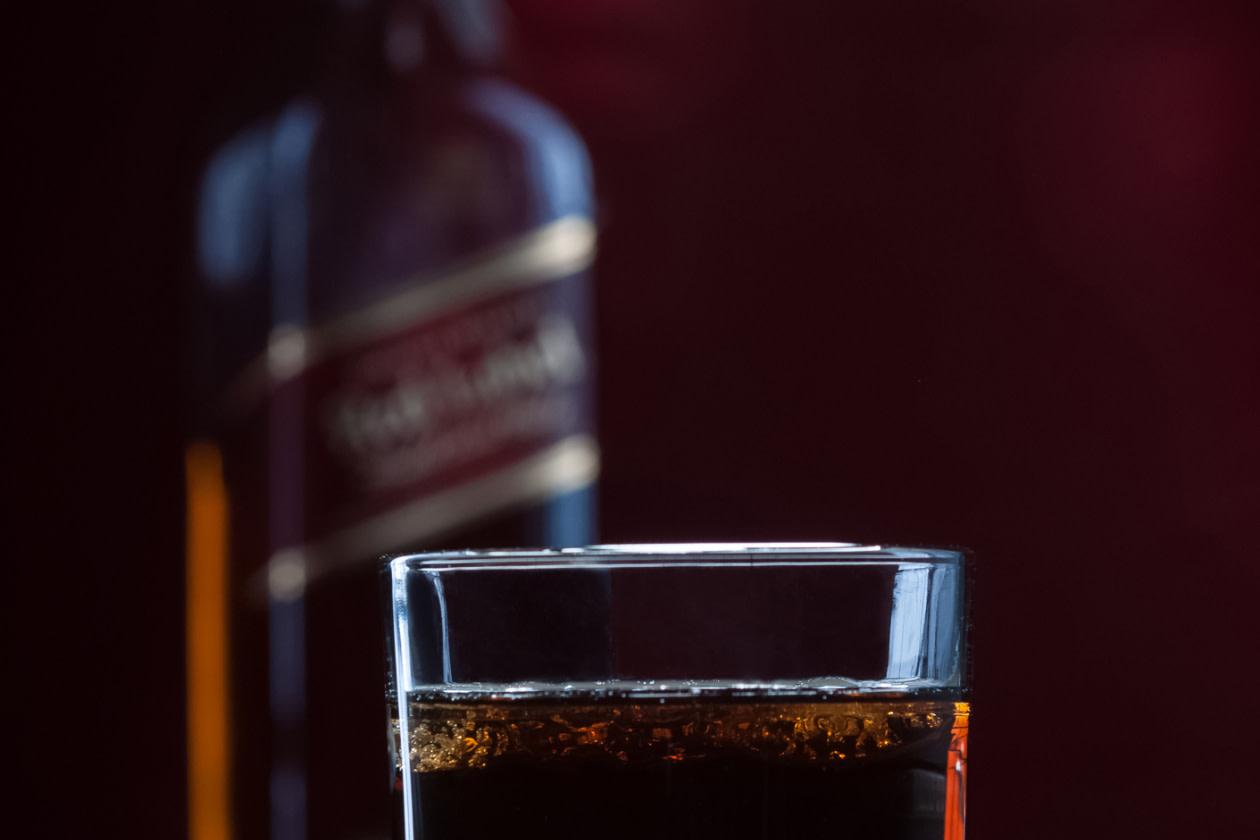Incoming CEO, Sir Dave Lewis, is currently on the boards of Haleon and PepsiCo, and was CEO of Tesco from 2014-2020 after three decades at Unilever.
Interim CEO Nik Jhangiani will resume his role as Chief Financial Officer.
The shares rose 7.3% in early trading.
Our view
Diageo unveiled its new leader in the form of Sir Dave Lewis, which buoyed markets on the day. He’s a big name in the consumer-oriented space. Despite having never worked in spirits before, expectations are high that his strong brands and marketing background can help turn Diageo’s fortunes around.
We’re cautiously optimistic that Sir Dave Lewis has the right toolkit for the job. But as an external hire, it will take him some time to fully grasp the task at hand and form a strategy to address Diageo’s challenges. In the meantime, trading in many of the group’s main markets remains tough.
Diageo is a giant in the alcohol world, with 13 billion-dollar brands on its shelves. Its world-class stable of spirit brands includes the likes of Smirnoff, Johnnie Walker and Tanqueray. In beer, Guinness remains a stout performer, recording yet another period of strong revenue growth.
The past few years have seen a trend towards more premium brands, which has helped to prop up margins in the past. That trend appears to be slowing in most regions, and alongside a soft underlying market, the outlook for sales growth looks muted in the near term.
Tariffs are another issue, and look set to add around $200mn of extra costs annually, or around 3.5% of last year’s underlying operating profits. To help offset this, Diageo’s looking to streamline operations elsewhere in the business, hoping to find a total of $625mn of cost savings over the next three years. Half of this will fall to the bottom line to improve profitability, while the other half’s set to be invested back into the business to drive future growth.
We should point out that while demand is holding up okay for now, tariffs have the potential to cause a global economic slowdown. If that happens, consumers will have less cash in their pocket, and are unlikely to spend much of their tight budget on the discretionary drinks that Diageo sells.
The shares offer a prospective dividend yield of 4.7%. This can’t be guaranteed though, and with net debt sitting on the wrong side of the company’s target range at the last count, the scope for dividend progression in the immediate future looks limited.
We see the group as fundamentally strong, with a world-class stable of brands to fall back on. But a subdued alcohol market, combined with concerns over tariffs, has damaged the valuation. If the outlook stabilises, or the new leadership drives a clear strategic shift, there could be some upside on offer. But there’s uncertainty on both fronts, so some caution would be wise.
Environmental, social and governance (ESG) risk
The food and beverage industry tends to be medium-risk in terms of ESG though some segments like agriculture, tobacco and spirits fall into the high-risk category. Product governance is a key risk industry-wide, especially in areas with strict quality and safety requirements. Labour relations and supply chain management are also industry-wide risks, with other issues varying by sub-sector.
According to Sustainalytics, Diageo’s management of ESG risk is strong.
The group aims to achieve net zero emissions by 2050, or sooner, with Scope 1,2 & 3 emissions targets in place. Diageo has set water reduction targets and deadlines, however, it does not disclose its initiatives to achieve this and there is no external certification for its environmental management activities.
Diageo key facts
All ratios are sourced from LSEG Datastream, based on previous day’s closing values. Please remember yields are variable and not a reliable indicator of future income. Keep in mind key figures shouldn’t be looked at on their own – it’s important to understand the big picture.
This article is original Hargreaves Lansdown content, published by Hargreaves Lansdown. It was correct as at the date of publication, and our views may have changed since then. Unless otherwise stated estimates, including prospective yields, are a consensus of analyst forecasts provided by LSEG. These estimates are not a reliable indicator of future performance. Yields are variable and not guaranteed. Investments rise and fall in value so investors could make a loss.
This article is not advice or a recommendation to buy, sell or hold any investment. No view is given on the present or future value or price of any investment, and investors should form their own view on any proposed investment.


